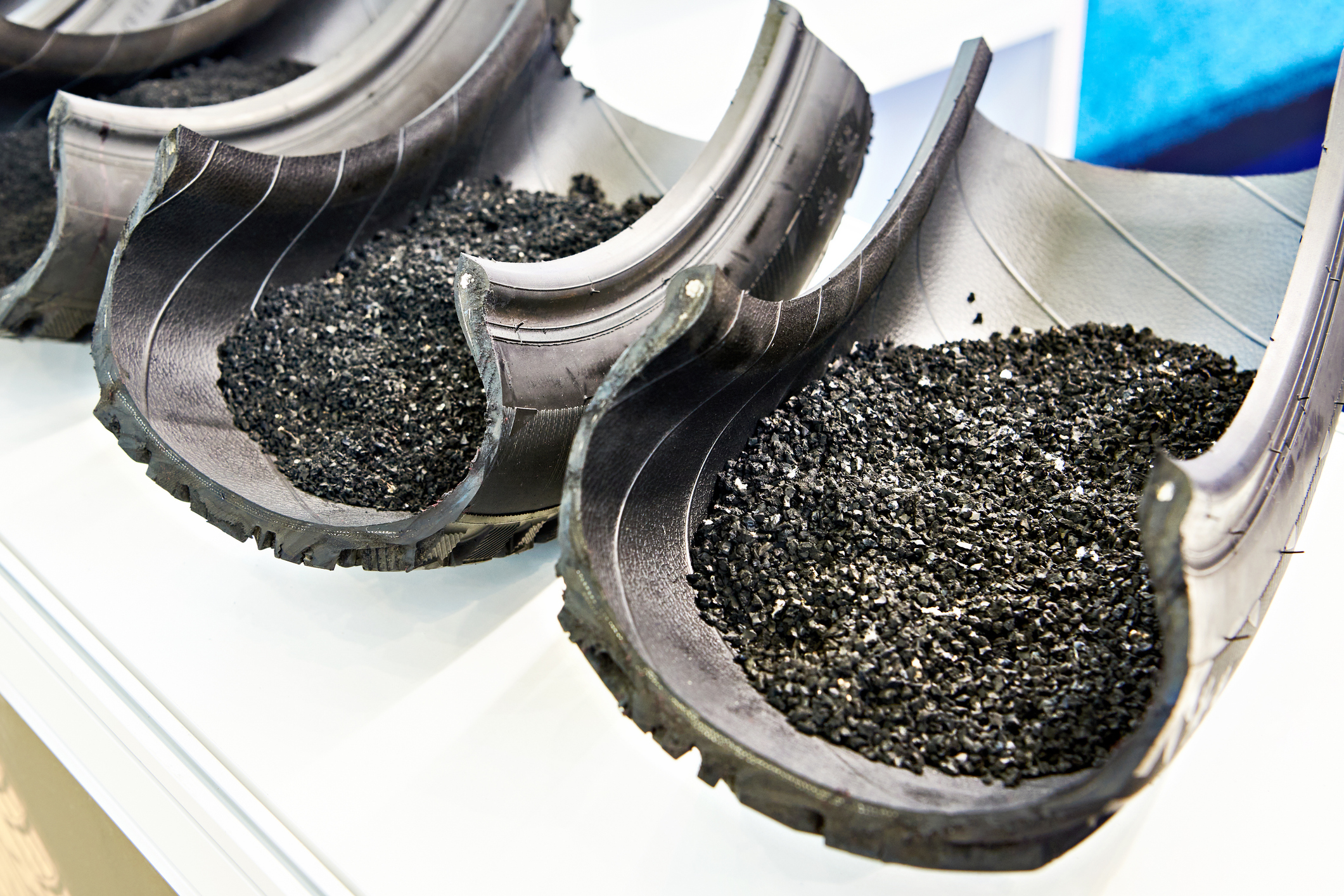Prism Worldwide Launches New Technologies to Address Key Challenges in Tire Recycling

Prism Worldwide, a U.S.-based leader in material innovation, has announced a series of technological breakthroughs aimed at redefining the recycling of end-of-life tires and enhancing the sustainability of polymer manufacturing. According to the company’s official statement, these new solutions target three of the industry’s long-standing challenges: odor elimination, development of sustainable thermoplastic vulcanizates (TPVs), and high-content reuse of crosslinked EPDM rubber.
As reported on Prism Worldwide’s website, the company’s U.S.-made materials are developed using non-capital-intensive processes that offer cost advantages over virgin materials. This is especially significant amid ongoing tariff uncertainties and growing market demand for domestic, cost-efficient sustainable alternatives.
“This is a turning point for end-of-life tyre recycling and sustainable polymer development,” said Prism CEO Bob Abramowitz. “These are not incremental improvements. We’ve tackled odour, cost, and performance, three of the biggest barriers to more widespread adoption of recycled materials, and overcome them all with commercially viable solutions.”
According to industry sources, unpleasant odors and poor material consistency have historically limited the use of recycled rubber in products such as automotive interiors or consumer goods. Prism’s proprietary odor-reduction process, independently tested to meet automotive-grade odor panel and VOC standards, reportedly resolves this issue and enables use in a broader range of applications including gym mats, building materials, and interior components.
Another innovation involves a patent-pending sustainable TPV, in which the rubber phase is sourced from end-of-life tires. This marks what the company calls an “industry first” in introducing circular solutions to high-value TPV polymers.
In addition, Prism has developed a devulcanization process that enables the reuse of EPDM rubber at high content levels—a significant advancement, as EPDM is widely used in automotive seals, gaskets, and roofing materials but has been notoriously difficult to recycle due to its crosslinked nature.
Notably, Prism’s new materials can be used in standard manufacturing processes such as injection molding, rotational molding, and extrusion—representing a substantial leap from the previous limitation to compression molding. This advancement allows manufacturers to integrate up to 50% recycled tire content into products without requiring equipment changes.
With these developments, Prism Worldwide is positioning itself at the forefront of circular material innovation. According to the company, these technologies make it commercially viable for manufacturers to reduce environmental impact while maintaining profitability—a rare balance in the sustainability landscape.
Source: Prism Worldwide






